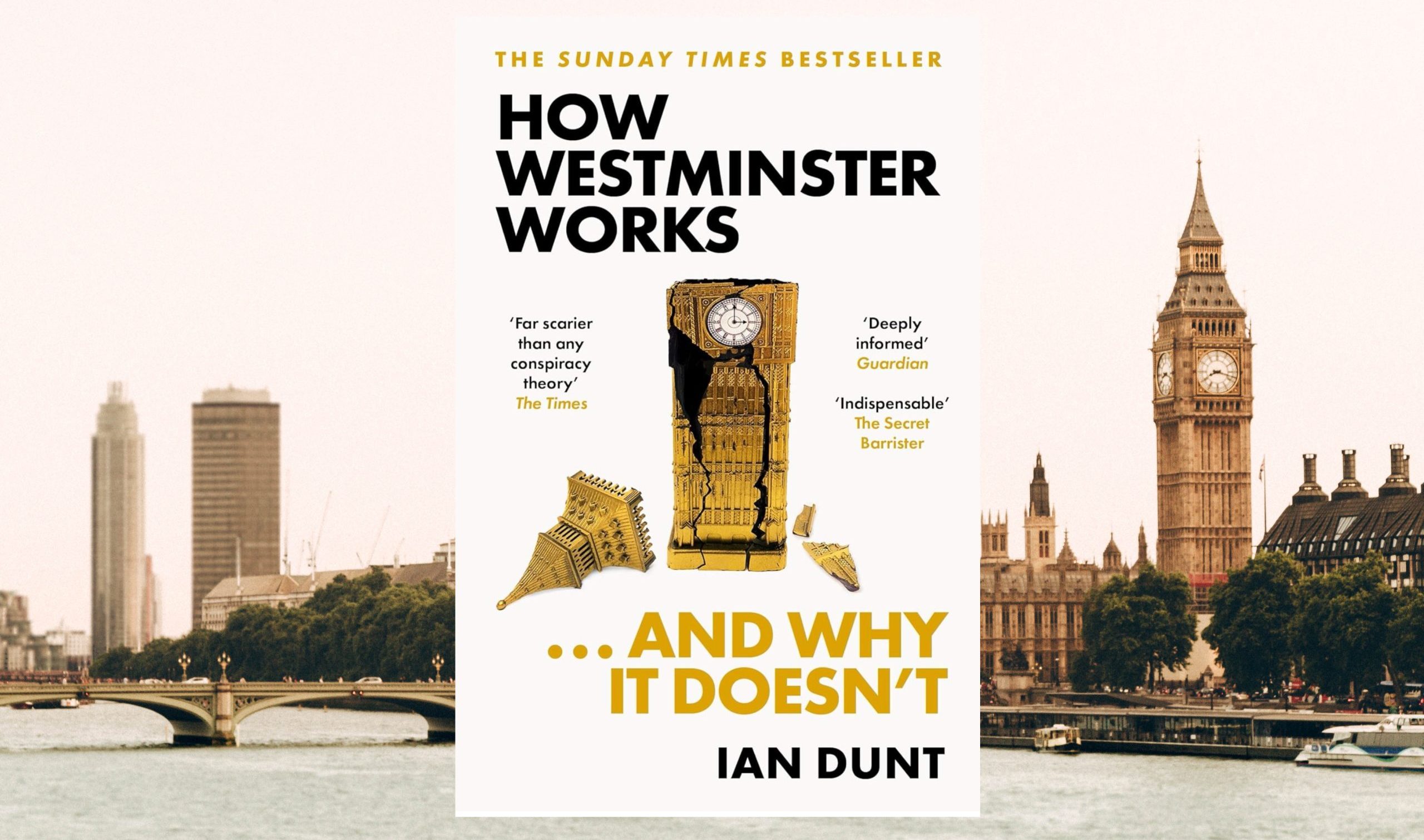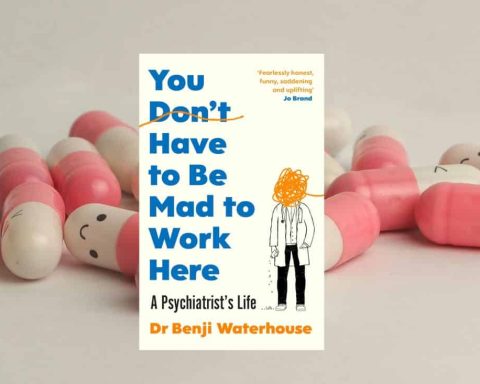
Most of us have a vague idea about the inner workings of Government, but how many of us really understand the details such as how and why we have first, second and third readings of proposed legislation in the House of Commons, and how statutory instruments allow Government to make new laws without any effective scrutiny. We see the sometimes polished but mostly tarnished exterior of the Westminster bubble through the constant stream of daily and weekly media reports. For greater insights we have the steady output of political autobiographies that inflate the successes of their political authors. More recently we have many books on what has gone wrong with politics fuelled by transparently bad government and possibly too much spare time for their authors in the pandemic lockdowns.
Ian Dunt a political journalist, broadcaster and author, has written an easy-to-read explainer about how our UK Government, in Westminster, is supposed to work and how it actually does work. To show the archaic ways of working and perverse incentives that are the operating mechanisms, he strips the system down and lays out its major parts so we can see exactly how each functions.
Ian Dunt a political journalist, broadcaster and author, has written an easy-to-read explainer about how our UK Government, in Westminster, is supposed to work and how it actually does work.
He starts with a case study that shows how the Westminster government can fail so badly – the aborted privatisation of the probation service in 2015. He describes the main causes of that needless blunder. There are chapters on how political parties inflict their chosen candidates for Members of Parliament (MPs) on us, how the newly elected MPs are expected to learn and follow the unwritten rules of working in parliament, how any Prime minister working in the warren of rooms around Downing Street tries to be effective, how the succession of inexpert ministers in their departments interact with their civil servants and try to make their mark, how the Treasury really controls everyone else, how the civil servants are often no longer able to advise or serve effectively, and how the political journalists often report poorly on all the above.
He gives another case study – the tragic story of incompetence behind the chaotic British withdrawal from Afghanistan in 2022. Next, he reports on the parts of the system that can hold government to account (the select committees) or scrutinise the legislative process (the House of Lords) and follows the stages of a bill as it passes through the legislative process.
Dunt does not believe we are fated to live under such bad processes in government. Although flawed, two bits that do work are the select committees and House of Lords. Whilst there is no perfect system studying what does work in other governments should help us fix our problems and have a better system
The final chapter looks at possible solutions to correct the advanced state of decay in our constitutional arrangements.
Dunt has many suggestions for improvement. Examples from his long list include: 1. Opening up the selection of MP candidates to the public. The GP and conservative former MP Dr Sarah Wollaston was chosen by this process and she worked in a more cross-party way. Her party did not like this result and reverted to the old ways of choosing candidates. 2. Adopting election of MPs by proportional representation. The victory by first past the post rules defies any modern sense of democracy as it usually ensures that most of the population are not represented fairly in parliament. There are better methods of election that should ensure most voters are represented in parliament. Inevitably we are more likely to have coalition governments, but that would encourage a culture of compromise and consensus rather blind opposition. 3.The legislative work of MPs needs more structured support whilst their constituency casework needs addressing as it is out of control. Much of this work could be done at a more local level or by a Danish ombudsman system that could address most grievances. 4. Parliamentary working should be simplified – politics should be readily understandable to any interested outsider of average intelligence 5. There should be a new department of the Prime Minister in a fit for purpose building rather than the cramped rooms in Downing Street 6. Ministers should be selected on the basis of their relevant experience and expertise and have stable teams with expert policy advisors 6. Tax policies need to be revised with clear guiding principles with spending policy reformed to focus on long term growth 7. The civil service needs to turned from a generalist organisation to a well-managed expert organisation.
These and the many other suggestions may never happen, because any government empowered by the existing system is unlikely to legislate for the new system that might strip it of its powers.
Without sensible reforms to make Government fit for purpose we may be destined to continuing national humiliations in a country in decline. 2024 is an election year, the political party in power may change but can our votes make Westminster work any better?








